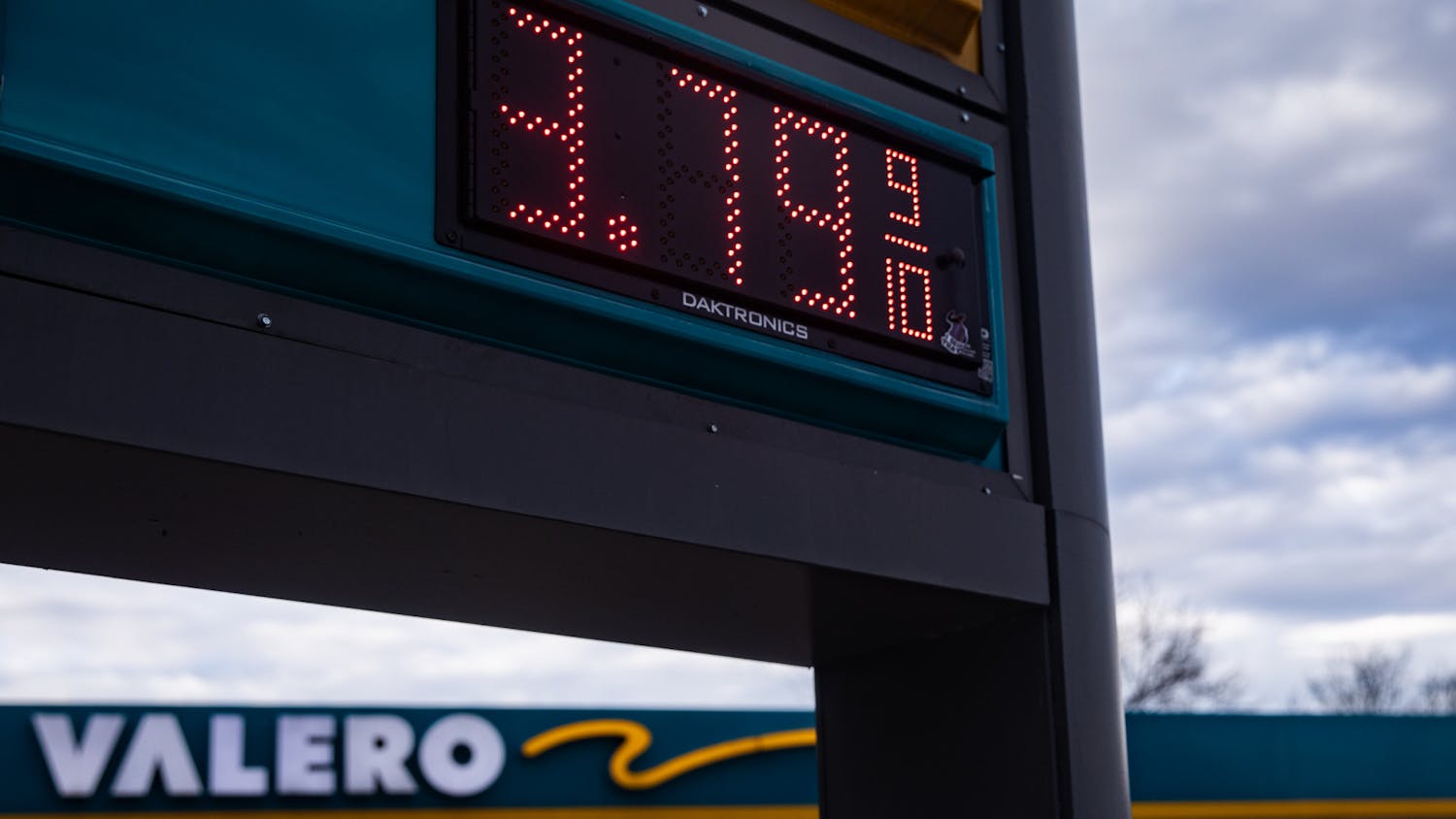We’ve all seen the iconic imagery of an oil-soaked pelican or otter, being gently scrubbed clean with Dawn Dish Soap. The parent company, Procter & Gamble, has built Dawn’s entire marketing strategy around being “tough on grease, yet gentle”. This campaign skyrocketed after the Deepwater Horizon oil rig explosion in 2010, where first responders were shown cleaning up oil-soaked animals with Dawn. This gave the brand a squeaky clean image which is still being capitalized on today.
Procter & Gamble, however, has an unfortunate environmental truth they’ve ignored and deflected for decades. The company has been criticized by multiple third-party reviewers for its long history of deforestation to create paper products for its family care brands such as Bounty paper towels, Charmin toilet paper and Puffs facial tissues. All of their paper products are made from 100% virgin fiber, roughly 35% of which comes from the world's largest intact forest: the Canadian boreal forest.
Boreal forests are a common choice for toilet tissue brands, as its soft fiber is ideal for creating pulp used in their products. Recently, P&G has partnered with the Nature Conservancy, an organization that is designed to ensure companies maintain carbon-offset promises. However, most of the trees being protected by the Nature Conservancy agreements were never in danger of being cut down. A common practice used by companies today is to buy carbon offset credits from these forests to present to the EPA what they aren’t cutting to make it seem like there is a lot more damage they would be doing, but aren’t. If these companies don’t pay to protect these carbon investments, then almost 90% of them face deforestation.
This practice is akin to extortion, considering the companies making the payments would likely be the same ones deforesting the land in the first place. This amounts to paying a mob boss for protection so he doesn’t light your house on fire. Technically, he is protecting you, but only from the threat that he provides.
Regardless, this practice doesn’t increase the number of trees and therefore doesn’t create a carbon offset sufficient to realistically consider as being productive. These forests are rarely, if ever, in tropical locations, which are the most threatened, and thus don’t present an opportunity to regrow forests that are actually at risk of being cut down.
Ironically, the mascots of P&G’s toilet paper brand, Charmin, are a group of animated bears who are obsessed with their extra soft toilet paper. As happy as these bears may seem in advertisements, P&G’s practice of harvesting virgin fibers would permanently displace them. Dozens of endangered species, bears included, live within boreal forests which are currently being displaced by the logging industry.
Regardless of whether trees are replanted as often as they claim, replanting trees doesn’t bring back the wildlife that was once there, and a typical Boreal forest can take between 80-120 years to regrow to full maturity. This type of deforestation leads to a monoculture environment and loses all diversity. A lack of vegetation also removes the watershed, which increases the likelihood of flooding and can devastate surrounding wildlife and local communities.
Recycled toilet paper has also proven to cost as much or less than regular toilet paper. This makes deforestation with the intent to process virgin fibers into paper products a net loss for the company overall. Another reason P&G’s wasteful practices harm not only the environment, but the company’s own profit margin.
Many companies are guilty of this “greenwashing”, a term first used by Jay Westerveld in 1986 to describe companies that publish blatantly false or misleading information to present as environmental progress to the public. P&G is among this group. In 2020, the company published an annual report describing the company’s steps towards increased sustainability, but ignored a reported 25% increase in waste production from 2019 to 2020, according to Statista.com.
P&G is not the first company to intentionally mislead consumers over their environmental actions, and will certainly not be the last. What is perhaps the most despicable is the number of marketing campaigns P&G builds around cute animals, profiting off of not only their image but the habitats they call home. During a time when the earth is experiencing an unprecedented climate crisis, we can longer allow immoral companies to mislead and distract us. If consumers want companies like P&G to permanently change for the better, we must start looking past their lies and distractions, and discover the truth for ourselves.
Matt Dragani is a junior studying journalism at Ohio University. Please note that the views and opinions of the columnist do not reflect those of The Post. Do you agree? Tell Matt by emailing him at md274819@ohio.edu.




